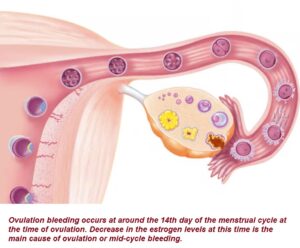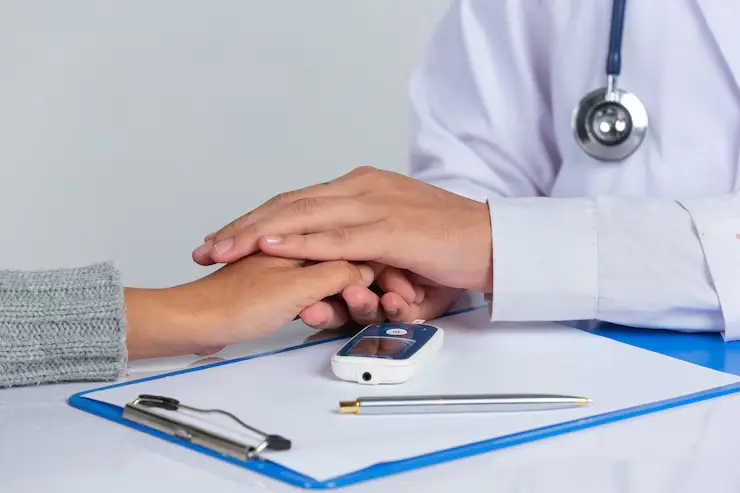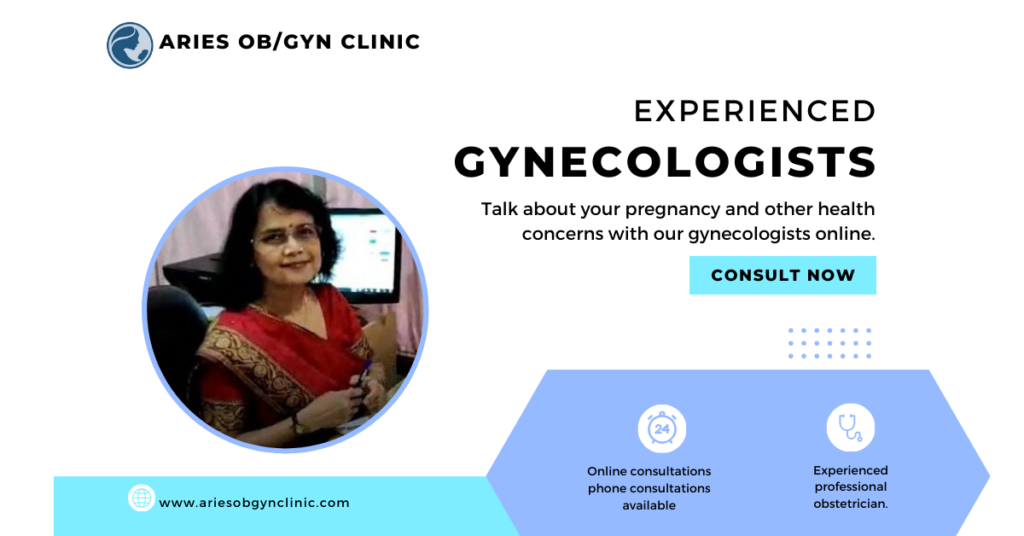The term, Gynecology comes from the Greek word ‘Gynae’ meaning women and ‘ologia’ meaning science.
Gynecology means the study of the female reproductive tract. It is a part of the field of Obstetrics and Gynecology in which the other part is the management of pregnancy (Obstetrics).
This means that Obstetrics deals with women who are pregnant while Gynecology involves women who are not pregnant but have problems with their reproductive tract.
Gynecologists manage and treat a number of conditions:
- Menstrual disorders including delayed periods or irregular periods, painful periods, heavy or light blood flow.
- Menopausal problems like heavy or irregular bleeding, pain, hot flashes, sweating, weight gain during menopause , HRT.
- Infertility
- Infections like PID, endometritis, infections of the Fallopian tubes and ovaries.
- Vaginitis and Cervicitis
- Polycystic Ovarian Disease
- Endometriosis
- Adenomyosis
- Pelvic floor pain and prolapse
- Tumors like uterine fibroids, ovarian tumors and tumors of the adnexal tissues.
- Malignant conditions like endometrial, ovarian and cervical cancers.
- Premalignant conditions like endometrial hyperplasia and Cervical dysplasia
- Sexually transmitted diseases like Herpes , HPV and Gonorrhea.
- Advice on birth control methods.
- Management of breast problems like breast lumps and breast pain.
Gynaecological treatments consist of both medical treatment as well as surgical treatments. Gynaecological surgery includes any surgical procedure that involves the organs and structure of the female pelvic region: the uterus, ovaries, cervix, fallopian tubes, vagina and vulva. There are many reasons why a woman might need to undergo gynecology surgery, the commonest being tumors of the female reproductive tract.
Ideally, the first visit by a young girl to her gynecologist should be at around 13-15 years to assess her growth and normal functioning of the reproductive system. Thereafter, regular health visits should help in preventing, avoiding, and managing reproductive tract diseases in their early stages. Find more detailed discussions in the articles below
Study of Gynecology is grouped under different medical conditions. A study of the normal female anatomy is necessary before studying gynecology.
Read Questions and Answers on Pregnancy and Gynecology
Natural PCOS Solutions: Control Symptoms, Manage Irregular Periods, and Reduce Excessive Hair Growth
Tackling PCOS Symptoms: A Patient’s Journey with Dr. Madhumita Mazumdar Polycystic Ovary Syndrome (PCOS) is a common hormonal disorder that can significantly impact young women’s

Early Pregnancy Bleeding: Causes, Symptoms and Treatment
Early Pregnancy Bleeding can be due to benign causes like implantation bleeding or due to serious causes like miscarriage or ectopic pregnancy.

HPV: 10 Important Facts
Human papillomavirus (HPV) is a sexually transmitted infection (STI) that can cause warts and cancers. There are more than 100 strains of HPV, some more dangerous than the others.

Ovulation Bleeding: Symptoms, Causes and Treatment
Ovulation bleeding, also known as mid-cycle bleeding occurs at around the 14th day of the menstrual cycle.

Abdomen Pain in Early Pregnancy: Causes and Treatment
Pain in the abdomen is common in early pregnancy. These can be due to benign causes like UTI or intestinal gas. But miscarriage needs to be ruled out.

Uterine Fibroids: A Patient’s Journey to Diagnosis and Treatment
Uterine fibroids, also called ‘Myomas’, are non-cancerous growths that develop in the muscles of the uterus, affecting many women during their reproductive…



